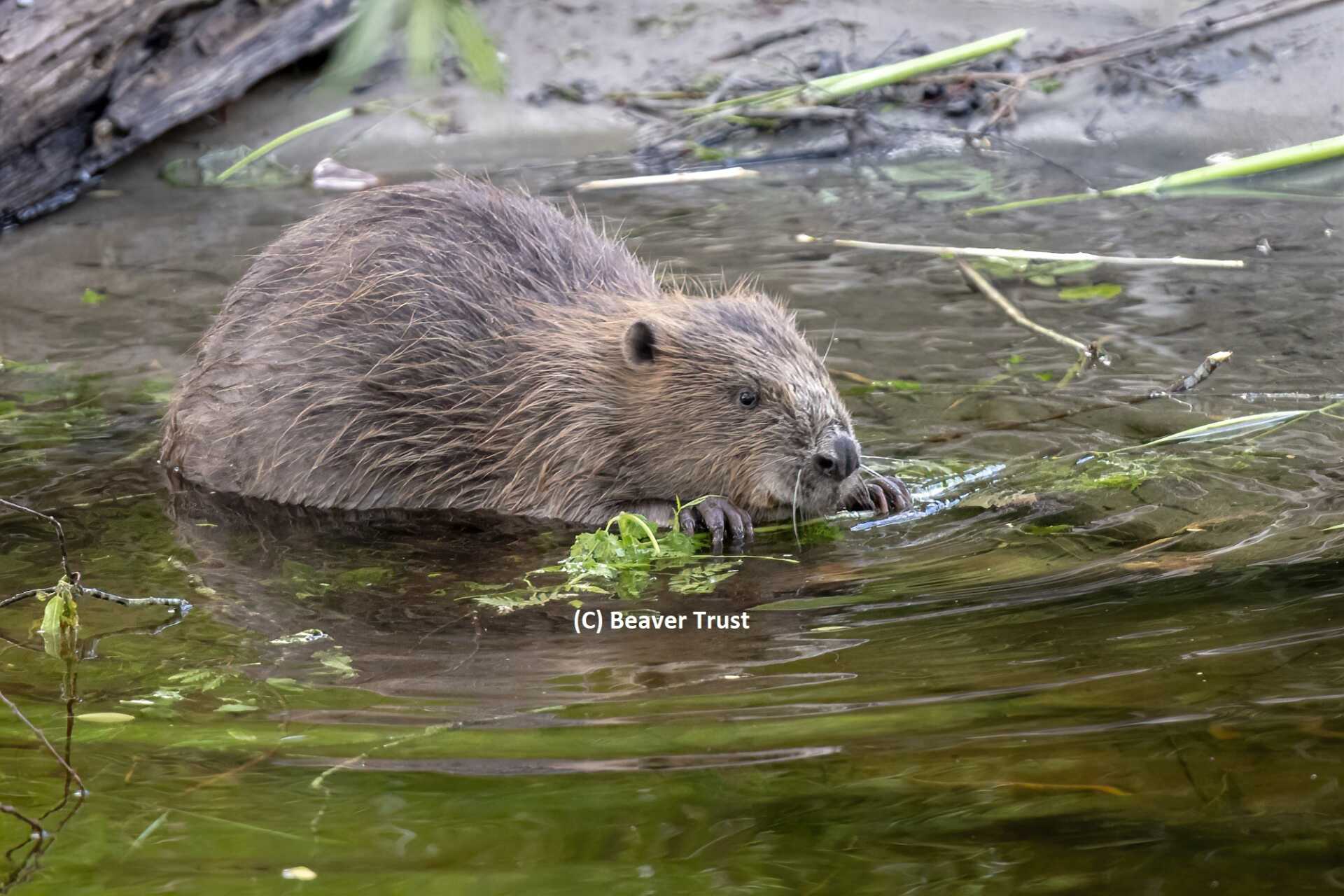
Investigating beaver expansion and the factors associated with damming behaviour in Britain
The UN Decade on Ecosystem Restoration calls for ecosystems worldwide to be revived by 2030 for the benefit of people and nature, including through species reintroductions. For reintroduced ecosystem engineer species, the potential impacts of reintroductions to ecosystems and people are not well understood. Following extinction in Britain in the 16th century, European beavers (Castor fiber) were released into enclosures and have subsequently spread into the wild. Whilst beavers can improve wetland biodiversity, beaver damming activities could lead to human-wildlife conflict. Kent has the largest population of beavers in England (‘hundreds’), yet there has been little assessment of the expansion and impacts of beaver activities, or on the conditions required for beavers to colonise an area, needed to guide management.
The PhD candidate will address this by assessing beaver distribution and expansion and investigating the spatial variation in carrying capacity and damming behaviour.
(i) Conduct ecological surveys of beaver sign along different water catchments in Kent, using standardised kayak/walking sign surveys already developed by members of the supervisory team. This will extend and create a time series with data previously collected by the Beaver Trust, to investigate beaver expansion in Kent.
(ii) Estimate beaver territory size from the sign survey data4 and compare territory sizes with data from across Britain to test the influence of habitat type, quality and population density.
(iii) Undertake habitat surveys and derive spatial datasets to identify the habitat features associated with damming behaviour, which is needed for assessing suitability of potential beaver release sites and potential impacts of beaver colonisation.
The results of this PhD have strong potential to influence real-world beaver management practices.
This project represents a new collaboration between the University of Kent and the Beaver Trust and involves local authorities and communities. This project will also benefit from collaborations with Dr Catherine Sanders (University of Lincoln) and beaver research synergisms at Canterbury Christ Church University.
The student will receive
comprehensive training in ecological survey methods and study design (Kent), statistical
and spatial modelling of environmental data (Kent), and beaver monitoring and
management (Beaver Trust).
We seek an individual who is enthusiastic about UK wildlife and has experience of ecological fieldwork and strong analytical skills.
The minimum academic requirement is 2:1 Bachelor’s degree or equivalent, in biology/ecology, conservation, wildlife management or related disciplines.
To express your interest in this project you must submit a Kent ARIES Expression of Interest Form and a copy of their Curriculum Vitae (CV) to kentgrc@kent.ac.uk by 23:59 GMT on 8th January 2025.
Step 1. Download a copy of the Kent ARIES Expression of Interest Form here.
Step 2. Submit your completed form and a copy of your CV (no more than 2 pages) to kentgrc@kent.ac.uk.